When America was agrarian, it was real easy to be connected to food. Most people owned farms or dealt with farms until the Industrial Revolution at the start of the 19th century. The Great Depression rolled around and people needed to be thriftier, so they bought preprocessed foods. The opening of McDonald’s in 1940 predicated the growth of factory farms producing food at greater rates. During World War II, prepackaged meals for soldiers were introduced and, through that, TV dinners became popular in the 1950s. And it’s all been downhill from there, a descent into processed madness that has made our food all but unrecognizable.
Farm to Fork SF: The Chefs, a Bay Area documentary series, produced by Stephen Satterfield and creative agency Madrone Studios, aims to re-introduce what food looks like by going back to its origin.
“We like to give people the proper tools so they understand how their food choices have environmental ramifications and what precisely those are,” Satterfield says.
One recent episode follows chef Tu David Phu as he dives to harvest seaweed for his dinner series ĂN. It’s mesmerizing to see a chef actually out in the water, getting his own ingredients that he will later serve to his patrons.
[/vimeo]
Satterfield often uses what he calls “food porn, slow-motion close-ups of food, as a way to entice viewers to look closer and to get the message across. He sees it as fundamental that people should know where their food comes from—down to knowing what it looks like when its still in the ground or water, as well as what it looks like when its being cooked.
“One of the great tragedies of the industrial food system is that we are so disconnected from a former agrarian lifestyle, and not in the way that it’s so often romanticized by the so-called farm-to-table movement, but we’re really far away as a species from a very basic relationship to the world that sustained us as human beings for millennia,” he says.
Satterfield produces the documentaries together with Madrone Studios in The Village, a non-profit event space in San Francisco, where Farm to Fork SF also holds an occasional dinner series, themed to the topics of each documentary, with guests from the latest episode. A dinner in late October featured food from The Perennial, a restaurant started by Mission Chinese restaurateurs Karen Leibowitz and Anthony Myint, and focused on the idea of carbon ranching, a system of farming that advocates creating agitation in the soil as a means of sequestering and storing carbon dioxide from the atmosphere.
Satterfield is quick to point out that he’s not a soil scientist and that carbon ranching is still in the early stages. While there’s a lot of tangential evidence, there’s not a lot of consensus on the effectiveness of the farming style. “I do have so many more questions than answers,” says Satterfield. “The farmers themselves would acknowledge that there are a lot of unknowns with this style of farming, whether you’re talking about the soil amendments or composting, or if you’re talking about a rotational grazing of cattle you’d need to create this type of system.”
But Satterfield thinks that it’s good to introduce these ideas to consumers, so that the information is out there.
[/vimeo]
“I’ve been looking at an opportunity to educate people about a term that has been gaining in popularity, and use the media to educate them in a plain manner about what that system looks like,” he says.
Satterfield has been thinking about food policy for a long time. A self-described “food activist,” Satterfield served as the general manager at the progressive Nopa Restaurant, where he started Nopalize, a blog that mixed food policy issues pertaining to the restaurant industry, visits to local farms, and farm-friendly DJ mixes. Aside from his work with Farm to Fork SF, Satterfield works as a writer—he was recently tapped as a member of The Culinary Trust’s Food Writing Fellows—focusing on food justice.
“I see that our food system is so broken that it’s almost impossible to come at it from just one singular angle,” he says. “I think probably the greatest challenge of a lot of smart and well-meaning people who are actively working on transforming our food system is that they all work in silos. We don’t have people from the school system communicating with local farms, with people who are working on social justice issues, with people who are working on environmental issues and sustainability. That fragmentation is the greatest barrier to use seeing more rapid and meaningful change in the food movement.”
Through the documentary series, which Satterfield sees as an educational outreach to the world, and the dinner series, which he sees as a way to build the local community, he hopes that he can find a way to bridge the schism between San Francisco’s long history of food progressivism and the need for a broader understanding of where food comes from.
“I try to connect my former world as a restaurant person to a broader activism community, who, through no fault of their own, never meddled with the restaurant people even though it seems like a natural partnership,” he says. “I try to break down those walls.”















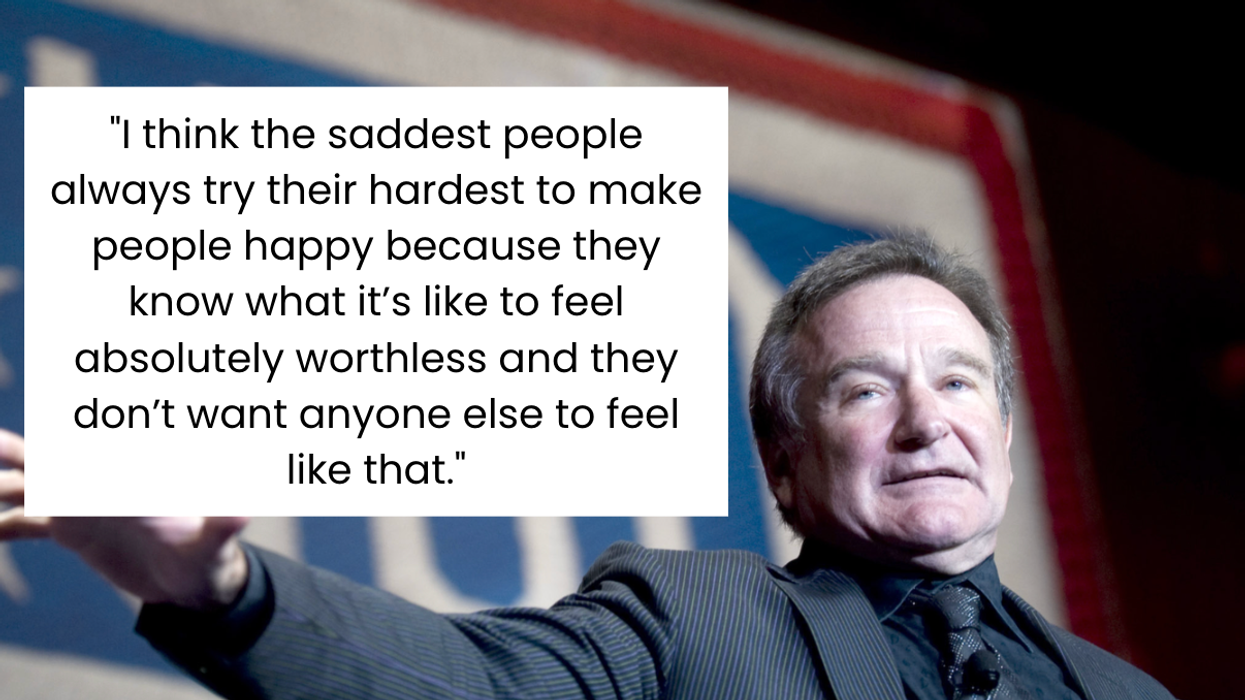
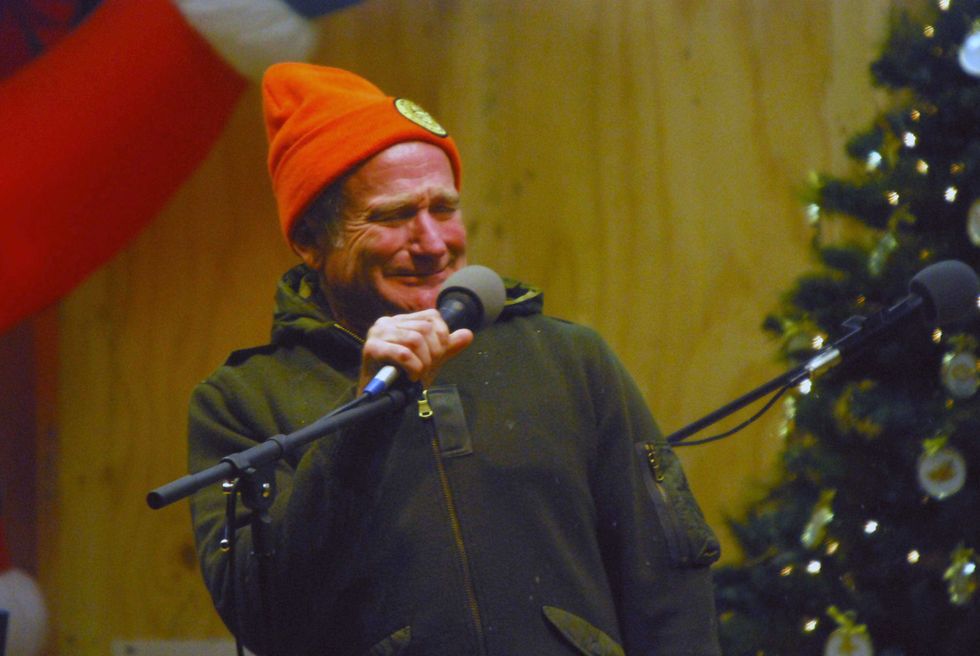 Robin Williams performs for military men and women as part of a United Service Organization (USO) show on board Camp Phoenix in December 2007
Robin Williams performs for military men and women as part of a United Service Organization (USO) show on board Camp Phoenix in December 2007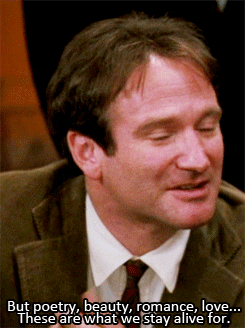 Gif of Robin Williams via
Gif of Robin Williams via 
 People on a beautiful hike.Photo credit:
People on a beautiful hike.Photo credit:  A healthy senior couple.Photo credit:
A healthy senior couple.Photo credit:  A diverse group of friends together.Photo credit:
A diverse group of friends together.Photo credit:  A doctor connects with a young boy.
A doctor connects with a young boy.  Self talk in front of the mirror.Photo credit:
Self talk in front of the mirror.Photo credit:  Lightbulb of ideas.Photo credit
Lightbulb of ideas.Photo credit 
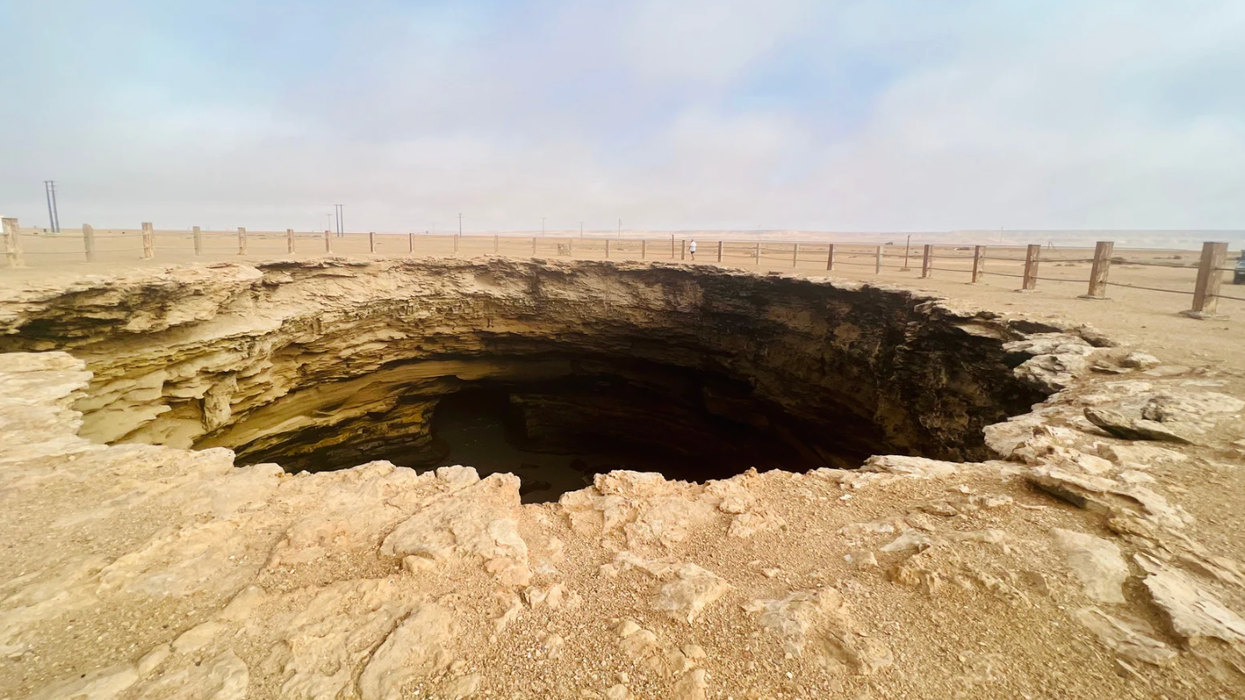
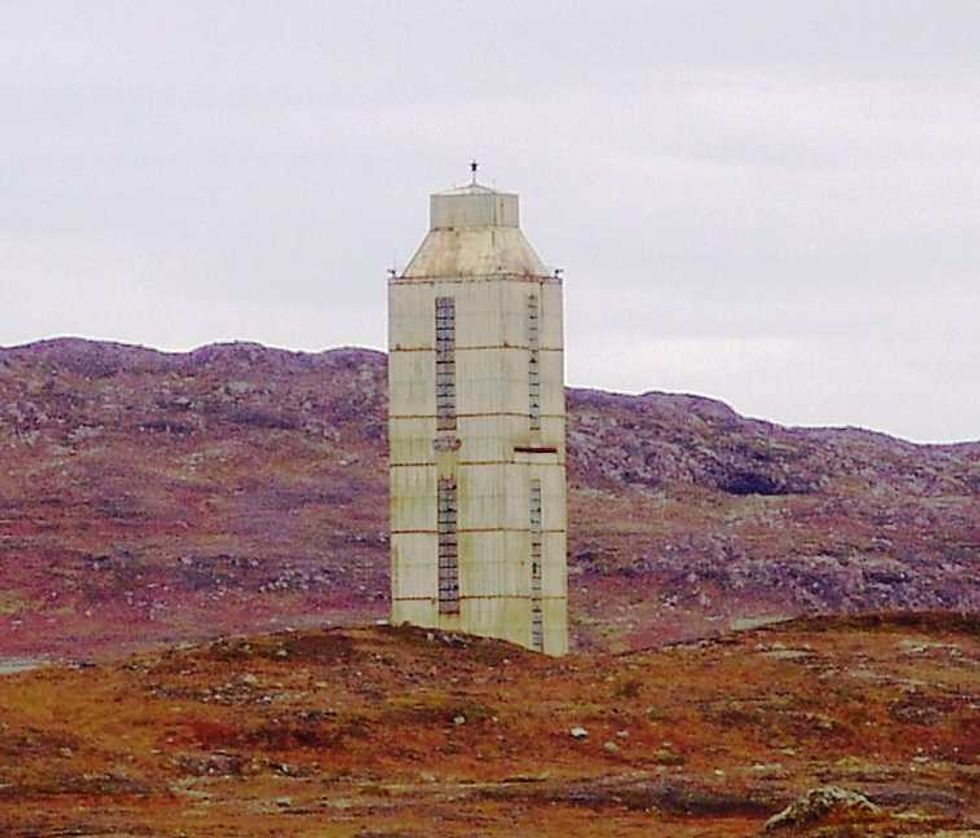 Superstructure of the Kola Superdeep Borehole, 2007
Superstructure of the Kola Superdeep Borehole, 2007 

